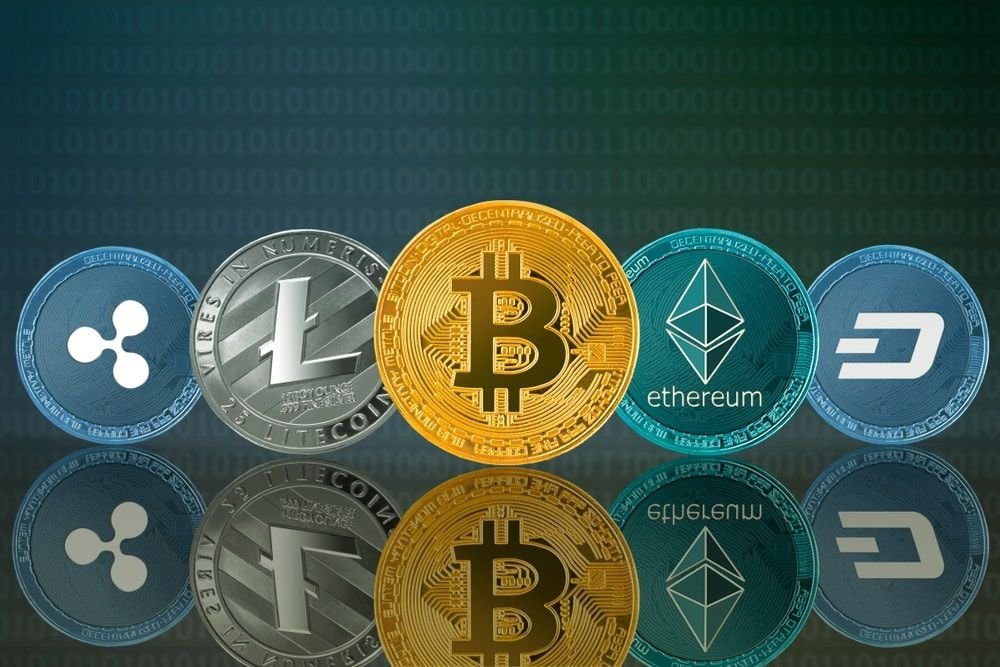Blockchain and Cryptocurrencies: How They’re Changing the Economy
You’ll find that blockchain and cryptocurrencies are not just buzzwords; they’re pivotal forces reshaping the economic landscape. By enabling decentralized finance (DeFi), these technologies streamline transactions and enhance transparency. As traditional systems face challenges, the implications for payment systems, supply chain management, and investment opportunities become increasingly significant. What does this mean for the future of financial services and how you engage with them? The answers may surprise you.
The Rise of Decentralized Finance (DeFi)
As the traditional financial system grapples with inefficiencies and accessibility issues, decentralized finance (DeFi) has emerged as a transformative force, offering innovative solutions that empower individuals.
You can engage in liquidity pools, where your assets contribute to collective funding, or explore yield farming, optimizing returns on your investments.
These mechanisms not only enhance financial autonomy but also redefine how you interact with capital in the digital age.
Enhancing Payment Systems and Cross-Border Transactions
Decentralized finance hasn’t only transformed how individuals manage their assets but has also paved the way for significant advancements in payment systems and cross-border transactions.
With blockchain technology, you can enjoy instant payments, reducing delays and costs typically associated with traditional banking.
This innovation enhances global remittances, making it easier and more affordable for individuals to send money across borders, thereby promoting financial freedom.
Transforming Supply Chain Management
Blockchain technology is revolutionizing supply chain management by providing enhanced transparency and traceability throughout the entire process.
By implementing smart contracts, you can automate agreements between parties, reducing delays and disputes.
Moreover, traceability solutions enable you to track products from origin to destination, ensuring authenticity and accountability.
This shift empowers you to make informed decisions while fostering trust in the supply chain ecosystem.
The Future of Digital Assets and Investment Opportunities
How will the evolving landscape of digital assets shape your investment strategies in the coming years?
Embracing tokenization benefits allows you to diversify portfolios by converting real-world assets into digital forms, enhancing liquidity.
Additionally, investing in digital collectibles opens new avenues for unique value propositions.
Staying informed about these trends will empower you to seize emerging opportunities and navigate the future of digital investments effectively.
Conclusion
As you navigate the evolving landscape of blockchain and cryptocurrencies, consider this: is the traditional financial system ready for disruption? The rise of decentralized finance, enhanced payment systems, and innovative digital assets signals a profound shift in economic structures. You’re not just witnessing change; you’re part of a movement that democratizes finance and empowers individuals. Embracing these technologies can position you at the forefront of a more inclusive and efficient financial future.



